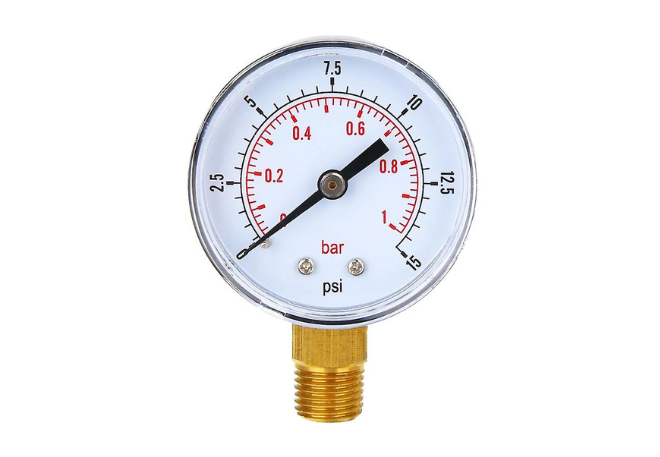Why Are Thermistors Essential for Accurate Temperature Measurement?
Thermistors have become indispensable in modern electronics and industrial applications due to their accuracy in detecting temperature changes. As specialised resistors that react predictably to temperature variations, thermistors provide precise measurements critical for effective temperature management across diverse sectors.
Thermistor Basics Explained
At their core, thermistors are resistors sensitive to temperature fluctuations. Their resistance value shifts significantly when exposed to changing temperatures, allowing them to serve as effective temperature sensors. Thermistors primarily exist in two categories: Negative Temperature Coefficient (NTC) and Positive Temperature Coefficient (PTC), each serving unique purposes based on their characteristic response.
How NTC Thermistors Enhance Temperature Control
- Ideal for precision measurements, NTC thermistors lower their resistance as temperatures rise, facilitating accurate detection of temperature increments.
- Widely adopted in thermostats, HVAC systems, automotive temperature gauges, and medical equipment for accurate monitoring and control.
The Protective Role of PTC Thermistors
- Increasing resistance with rising temperatures, PTC thermistors offer protection against overheating and current surges.
- Common applications include circuit protection, motor start control, and self-regulating heaters, ensuring operational safety and efficiency.
Why Choose Thermistors Over Alternative Temperature Sensors
Thermistors surpass other temperature sensors like thermocouples and resistance temperature detectors (RTDs) due to their:
- Exceptional sensitivity, allowing detection of slight temperature variations.
- Faster response times facilitated by their compact design.
- Cost-effectiveness without compromising reliability.
- Superior durability, ensuring consistent performance under harsh conditions.
Key Industries Benefiting from Thermistors
Thermistors deliver unmatched precision across a wide range of industries:
Medical and Healthcare
Essential for accurate patient monitoring and maintaining the stability of medical device temperatures.
Automotive Sector
Vital for real-time monitoring of engine temperatures, cabin climate systems, and battery safety in electric vehicles.
Electronics and Consumer Appliances
Indispensable for maintaining optimal temperature conditions in refrigerators, air conditioners, and consumer gadgets like smartphones and laptops.
Industrial Manufacturing
Crucial for preventing machinery overheating and ensuring process efficiency through accurate temperature regulation.
Practical Integration of Thermistors in Everyday Applications
Thermistors seamlessly integrate into practical applications through:
- Voltage divider circuits convert resistance changes into precise voltage readings for temperature measurement.
- Microcontroller-based systems for digital monitoring, enabling rapid responses to temperature fluctuations.
- Protective circuits effectively prevent damage caused by overheating or excessive current flow.
Selecting the Right Thermistor: Critical Factors
When choosing thermistors, consider these essential criteria:
- Operational Temperature Range to match application-specific thermal requirements.
- Measurement Accuracy and Stability for consistent performance.
- Rapid Response Capability is critical for applications demanding immediate temperature feedback.
- Physical Size and Packaging tailored to your space constraints and environmental demands.
The Evolution and Future of Thermistors
As technology advances, thermistors continue evolving in response to modern demands:
- Enhanced Miniaturisation: Leading to even more miniature, more sensitive thermistors suitable for cutting-edge electronics and wearables.
- Internet of Things (IoT) Integration: Facilitating remote and automated temperature monitoring.
- Advanced Material Development: Improving accuracy, response time, and robustness through innovative ceramic and polymer formulations.
Thermistors: Precision at the Heart of Modern Temperature Management
Thermistors are the cornerstone of accurate and reliable temperature sensing. Their adaptability, precision, cost-efficiency, and rapid response capabilities ensure they remain vital components in a broad spectrum of applications. By carefully selecting the right thermistor, businesses and consumers alike can achieve optimal performance and safety, positioning thermistors as an essential technology in today’s increasingly temperature-sensitive world.




Comments
Post a Comment